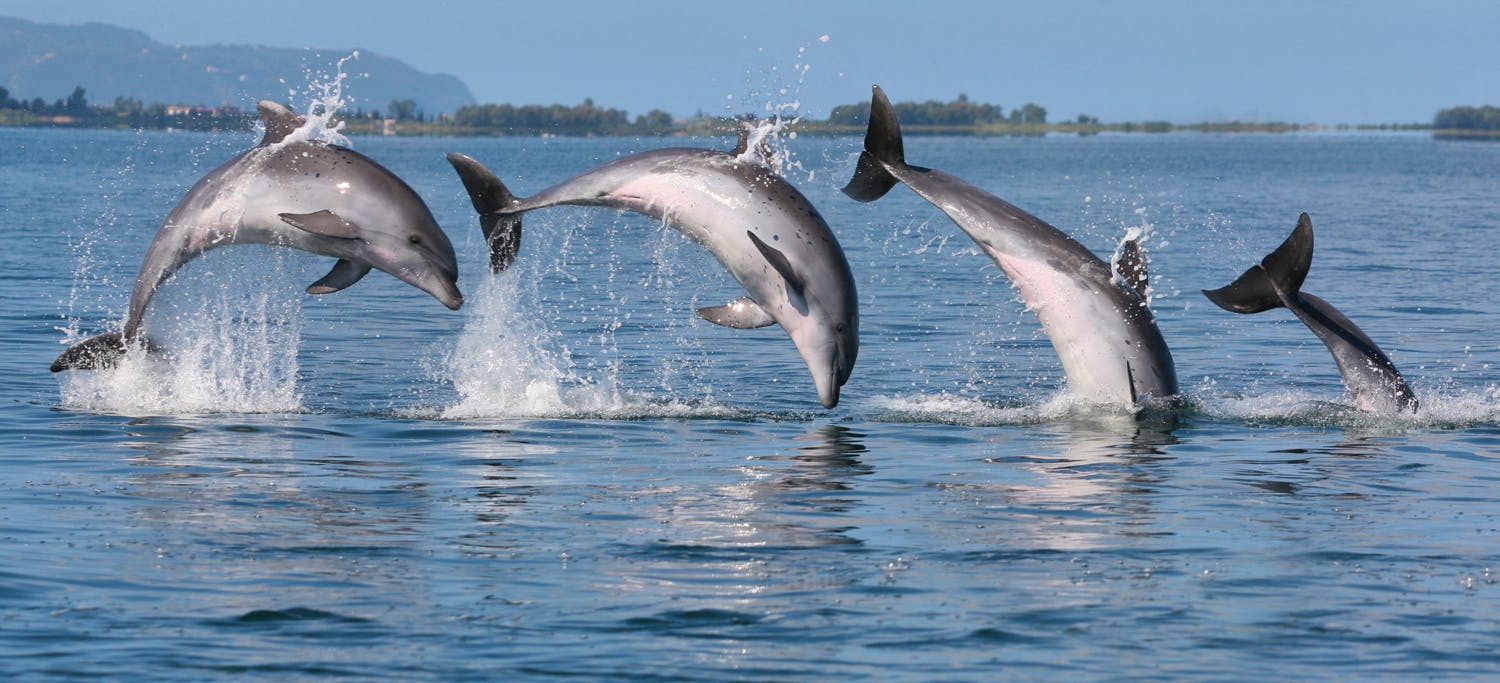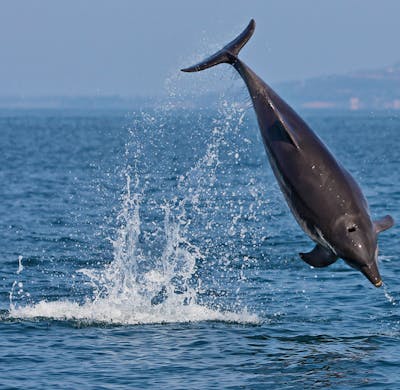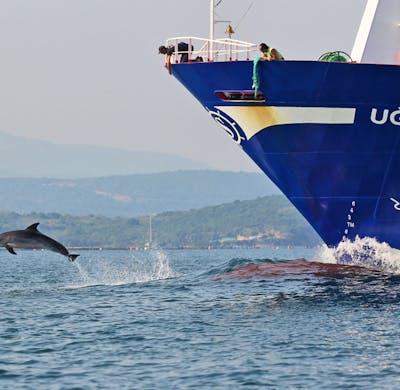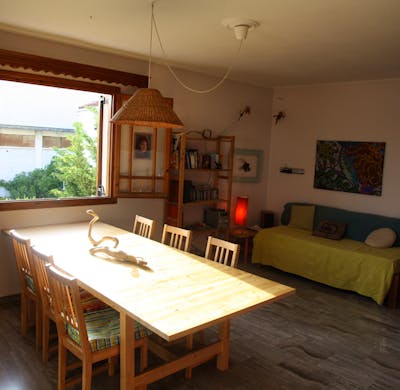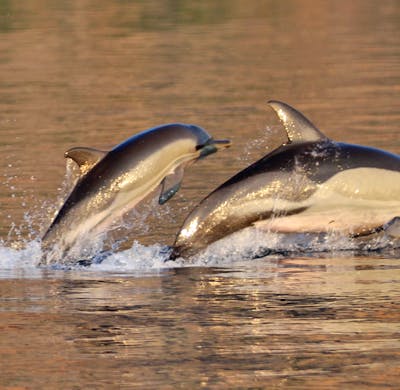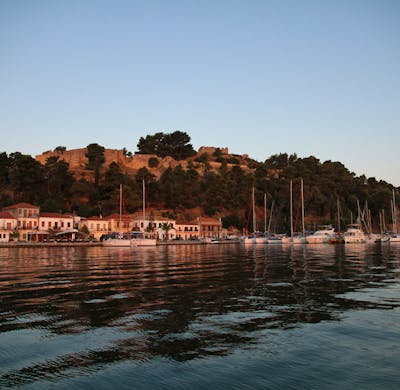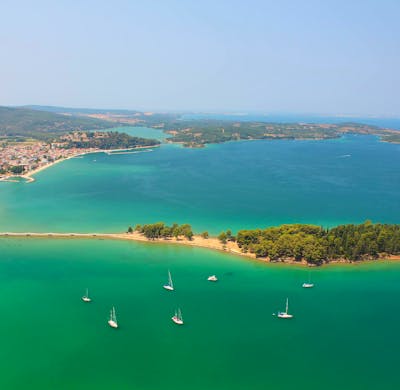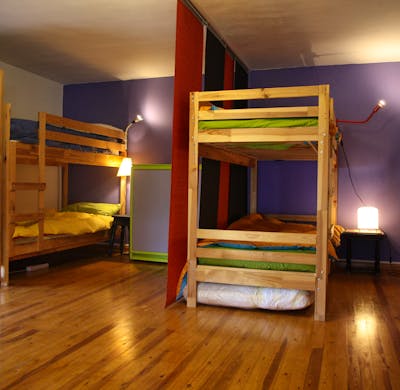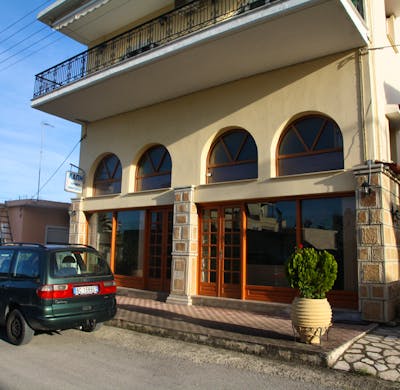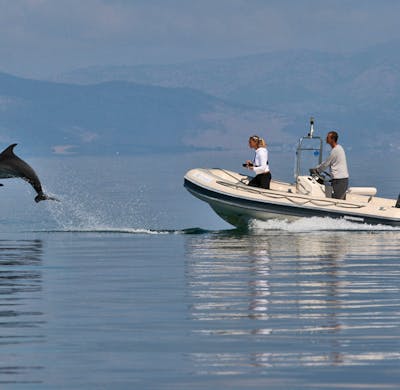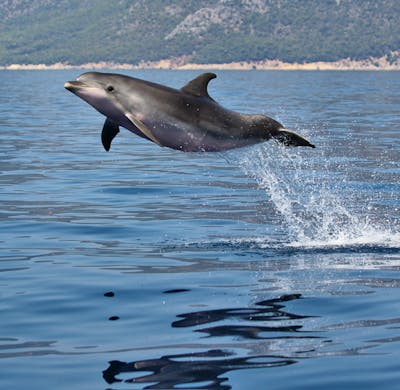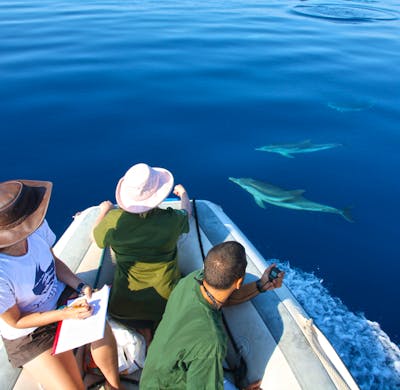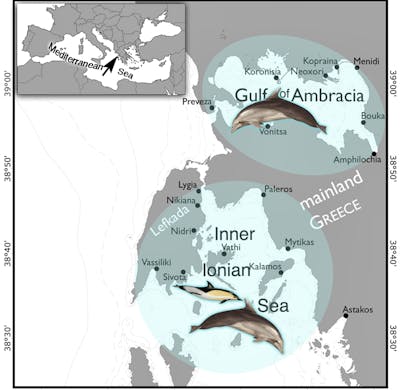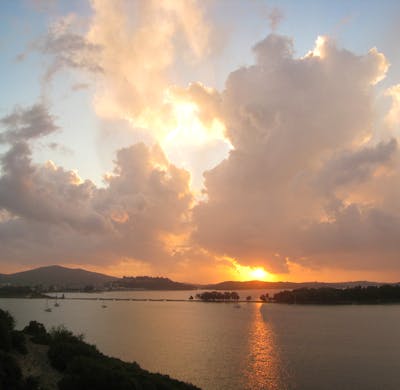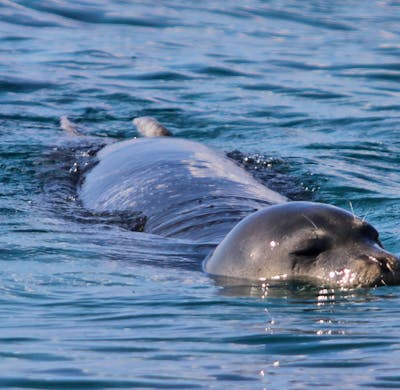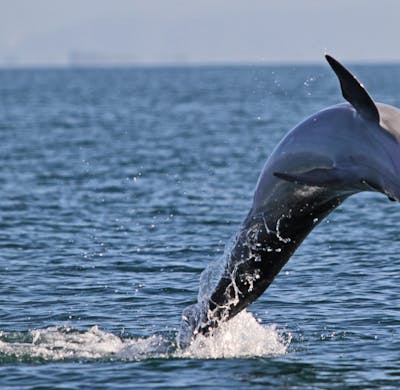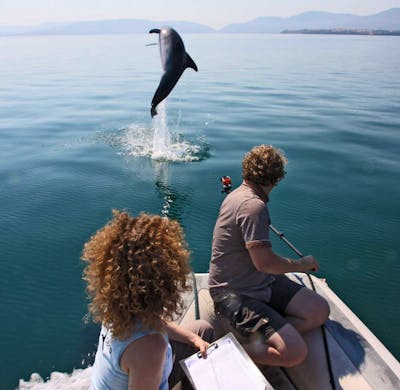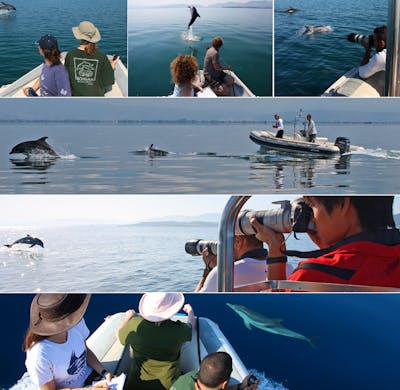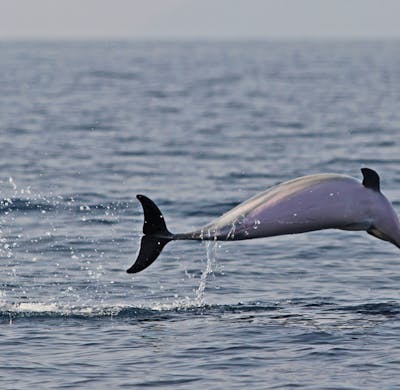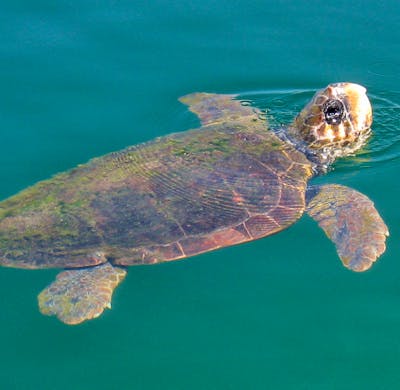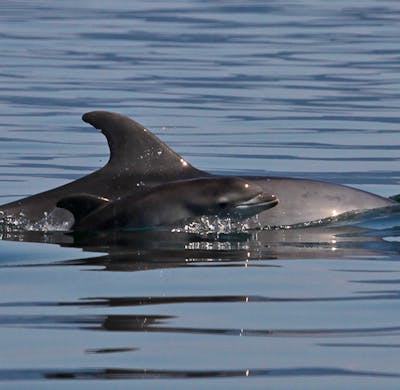2017 at Coastal Dolphin Conservation
Coastal Dolphin Conservation
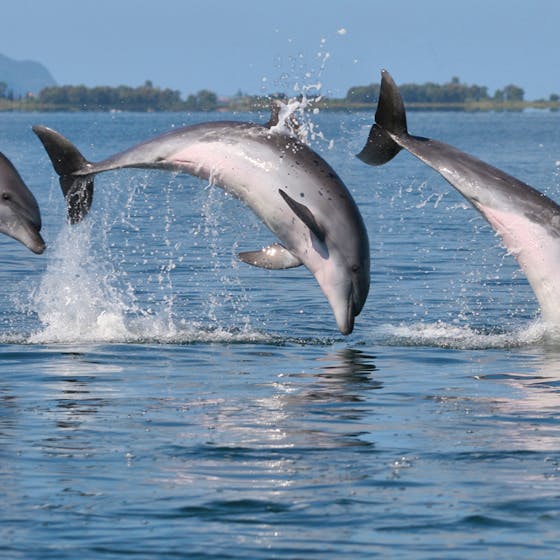
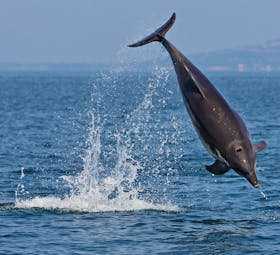
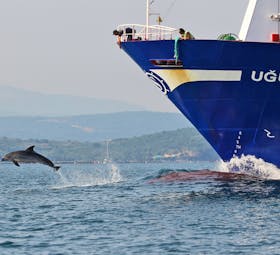
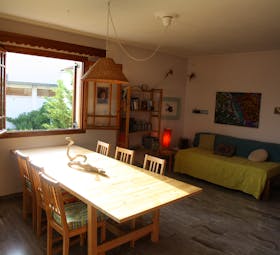
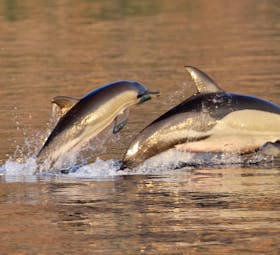
Highlights
- Explore and volunteer in beautiful Greece!
- Volunteer with us and gain a first-hand understanding of the motivations that inspire our work!
- Be involved in the monitoring of the secondary study area located in the Inner Ionian Sea archipelago°
- Work side-by-side with researchers and contribute to field data collection
- Meet like-minded volunteers from all over the world!
Besonders geeignet für
Über das Programm
From June to September, be part of a scientific team focused on the study and conservation of coastal dolphins in the beautiful waters of western Greece.
By sharing every experience with us, and ultimately living a researcher’s life, you will gain a first-hand understanding of the motivations that inspire our work, appreciate its significance for dolphin conservation and learn about the importance of protecting the marine ecosystem and its ...
Tagesablauf
Volunteers will conduct daily surveys onboard the research boat, working side-by-side with the researchers and contributing to field data collection. You will actively engage in visual surveys, looking for dolphins, sea turtles, birds and other fauna during navigation. As soon as dolphins are ...
Freizeitaktivitäten
Volunteers will have plenty of free time. The work at sea is concentrated mostly during the morning hours. Once back from the sea, we will all have lunch at the field base. Then, all team members will have about 2 hours of free time before starting to work with the data collected at sea during our ...
Voraussetzungen
Leistungen
Was ist NICHT inklusive?
Informationen zur Anreise
Programmgebühren
Lerne deine Organisation kennen
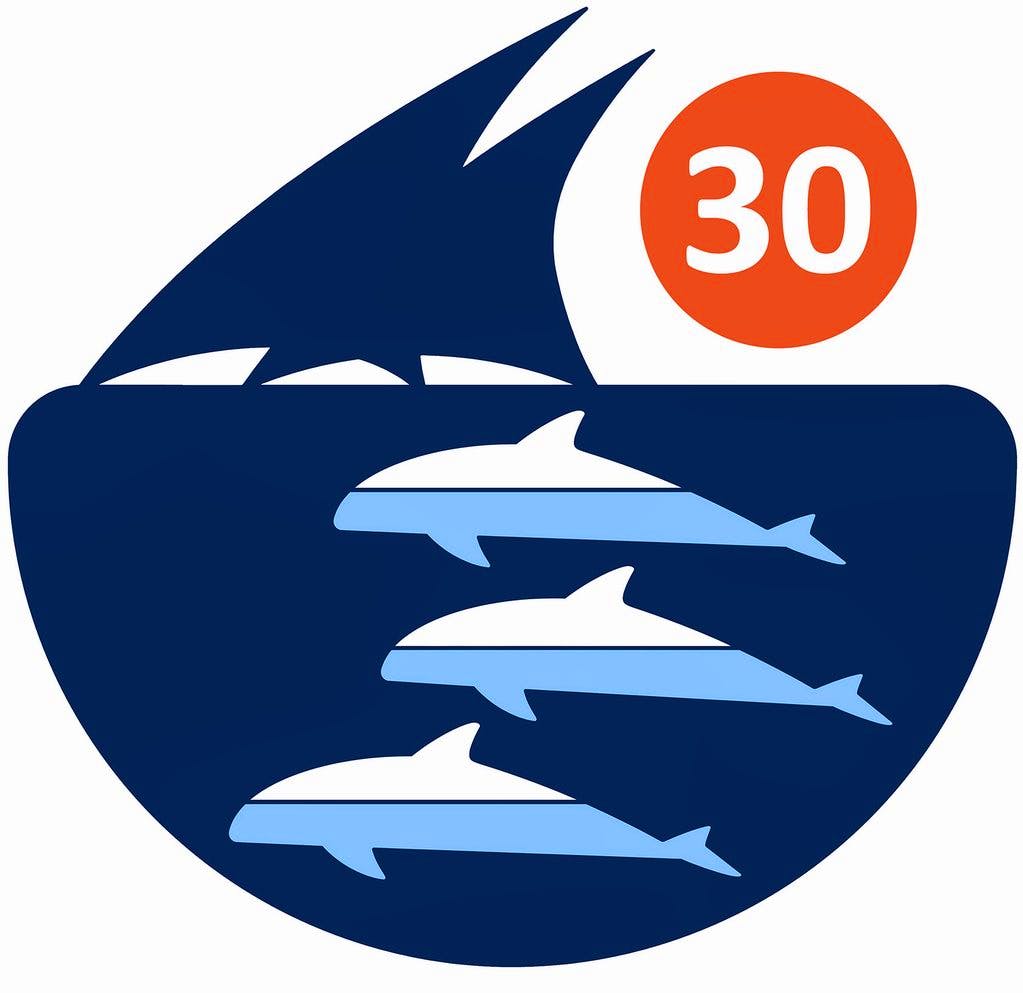
Tethys Research Institute
Non-profit - gegründet 1991
von Volunteer World verifiziert
Veranstaltet von
Adriana
Über die Organisation
8 Bewertungen ·  4.7
4.7
Lage

Das könnte dich auch interessieren
-
Delfinschutz
Marine Big 5
Tierschutz in Europa
Freiwilligenarbeit Kurzprogramme
Erwachsener
FSJ im Ausland
Wal und Delfin
Europaeischer Freiwilligendienst
Flexible Freiwilligenarbeit
Paare
Beste Freiwilligenprogramme
Auslandsfreiwilligendienst
Projekte im Ausland
Gruppen
Meeresbiologie Praktikum
Familie
Freiwilligeneinsätze für College-Studenten
